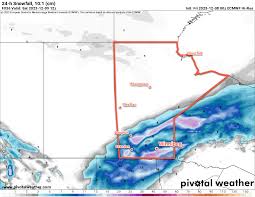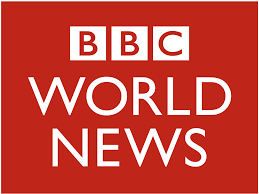Tamara Lich: Spotlight on a Key Figure in the Freedom Convoy

Introduction
Tamara Lich has emerged as a pivotal figure in the Canadian Freedom Convoy, which gained international attention for its protests against COVID-19 mandates and restrictions. As a spokesperson for the movement, Lich’s involvement has highlighted significant public sentiment surrounding government policies during the pandemic. Her actions and statements continue to resonate with many Canadians, making her a central character in the ongoing discussion about civil liberties and protest rights in Canada.
The Catalyst for Change
Born in Alberta, Tamara Lich became one of the leading voices of the Freedom Convoy that began in late January 2022. The movement started when truck drivers protested against vaccine mandates that limited their ability to cross borders. Lich’s role evolved as she became the organizer for a GoFundMe campaign, which raised over $10 million, reflecting widespread support for the protesters’ cause.
Her influence soared as the convoy traveled to Ottawa, leading to a three-week-long occupation of the city’s streets. This movement not only sparked a national conversation about individual rights and governmental authority but also attracted supporters from various segments of society—including not only truck drivers but also everyday citizens who felt their rights were being infringed upon.
Legal Troubles and Public Response
However, the occupation led to heightened tensions with government authorities. In mid-February 2022, law enforcement moved to clear the protestors from downtown Ottawa. Lich was arrested and charged with various offenses, including mischief and obstruction. Her arrest and subsequent trial have kept her in the public eye, fueling discussions about the treatment of protestors in Canada and raising questions about the balance between public safety and civil liberties.
Supporters continue to rally in her defense, highlighting what they perceive as an overreach by law enforcement and an infringement on the right to peaceful protest. In contrast, critics argue that the blockade severely impacted local businesses and city life. The polarized views reflect broader sentiments among Canadians regarding public health policies.
Conclusion
Tamara Lich’s involvement in the Freedom Convoy remains a significant chapter in Canada’s ongoing dialogue about rights, freedoms, and government authority. As the country continues to navigate the complexities of COVID-19 mandates and their societal implications, Lich’s journey exemplifies the challenges of advocacy in a contentious political climate. Moving forward, her case may prompt policymakers to reconsider how they engage with protest movements, emphasizing the need for a balance between enforcement and respecting the democratic principles that govern Canada.







